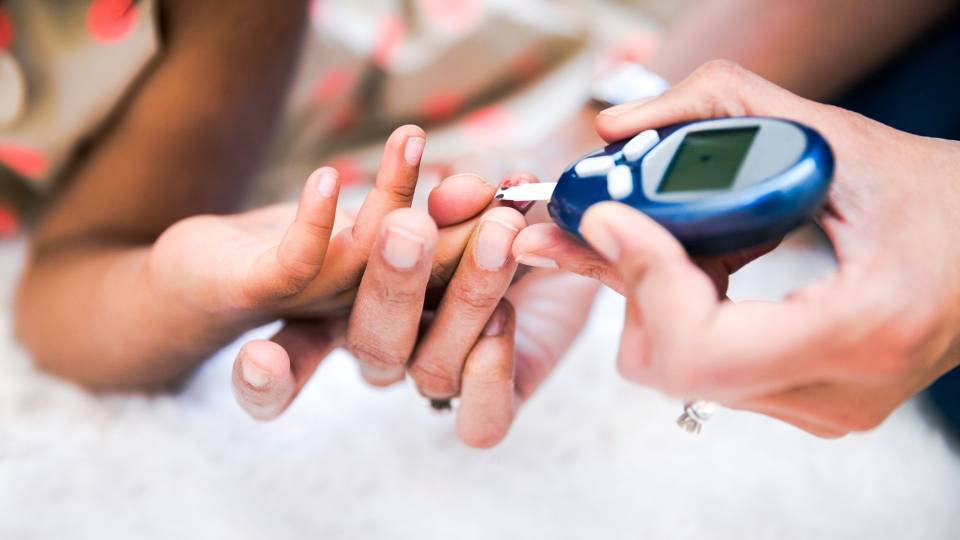In recent years, an alternative therapy has been investigated for the treatment of type 1 diabetes. This therapy aims to replace the insulin-producing cells that “do not work” with cells (created from stem cells) that do work and produce insulin. However, this treatment is still in the very early stages and its long-term effectiveness needs to be proven. It must also be remembered that this new therapy would not be an alternative for newly diagnosed patients, but for those people suffering a significant impact on their quality of life due to diabetes. These are patients with severe hypoglycaemia who do not respond well to the most current treatments or people who are candidates for a pancreas or pancreas and kidney transplant.
The results of preliminary studies presented are very encouraging regarding the possibility of ensuring that people who receive an infusion of these cells do not require any subsequent insulin treatment. However, the results of this treatment need to be evaluated in the medium and long term. Furthermore, to prevent rejection of the implant of these new cells, this therapy currently requires the use of chronic immunosuppressive medication, which is not free from its own significant side effects.
Type 1 diabetes, an autoimmune disease
Type 1 diabetes is an autoimmune disease that causes increased blood sugar levels because the pancreas does not produce insulin. This happens because the body's own defence system, the immune system, inactivates the pancreas cells responsible for producing insulin.
The main treatment for type 1 diabetes is chronic insulin infusion. In the most severe cases, where the pancreas is severely affected, a complete pancreas transplant is considered for one that functions. Another method is based on transplanting only the specific part of the pancreas responsible for producing insulin, the islets of Langerhans. So, although the person can stop infusing insulin with this method, they need to continue taking immunosuppressive drugs chronically to prevent rejection of the new organ.
In short, these new findings are great news along the path to a cure for diabetes, but they will not yet mean an immediate future without type 1 diabetes. There is still a long way to go to find a curative treatment, although we are getting closer.
Author:
Dr Antonio Jesús Blanco, endocrinologist at the Endocrinology and Nutrition Service of the Hospital Clínic Barcelona and member of the Diabetes Unit.






